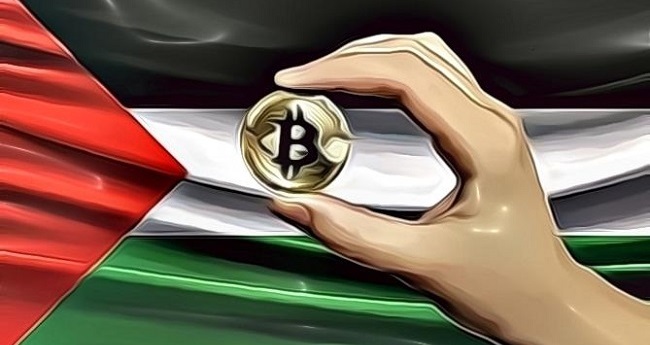Palestinian Prime Minister Mohammad Shtayyeh recently confirmed that to overcome the problems caused to the Palestinian economy by Israel, his government is making plans to use a digital form of encrypted money i.e. cryptocurrency, local media Al-Monitor reports on July 22.
When he made his first appearance on the Palestinian media after becoming the prime minister, Shtayyeh stated that the Palestianians are “not forced to remain dependent on the shekel.”
Shtayyeh is calling to put an end to Palestine’s economic reliance on its rival Israel by replacing the Israeli shekel with a national cryptocurrency. This also means that the Central Bank of Israel will lose the revenue that it earns from the use of Shakel in the Palestinian territories. However, considering this plan’s economic feasibility and the Palestinian government’s drive to get rid of its economic dependency on Israel one way or another, experts say it is a huge risk.
According to the Paris Protocol signed in April 1994, the Palestinian Monetary Authority (PMA) can have the power of a central bank without the ability to issue banknotes, and the shekel will be used as means of all payments including official transactions. Consequently, the Israeli shekel is one of the main fiat currencies used in Palestine.
Does a Palestinian Cryptocurrency Is Even Feasible?
According to an economic and social sciences professor Bakr Shtayyeh, this idea of adopting a national cryptocurrency is not economically feasible as almost 170,000 Palestinians are working in Israel who earn their salaries in shekel. On top of that, 80% of the trade with Israel is done in shekels and Israel will probably never agree to deal with another currency.
He also said that even if Palestine would have its own currency, there is no way it can prevent Israel from withholding tax clearance funds or controlling crossings and mobility of trade goods across the border. Palestine cannot even carry out direct trade with its neighboring countries without having the exchanged goods pass through Israeli commercial ports. So, the dependence and reliance of the Palestinian economy on Israel runs deeper than just currency.
Some believe that these statements were uttered just to get attention and show Israel that the Palestinians has other alternatives. Whatever the case may be, Palestine should first mature economically and build trade relations with neighboring countries to reduce its trade reliance on Israel before issuing its currency. It needs to ensure that it can maintain the stability and value of its own cryptocurrency and additionally that the Palestinians will trust it as tensions with Israel can lead to a currency devaluation.
It’s important to mention that the Palestinian terrorist organization Hamas, which rules the Gaza Strip, has been attempting to raise funds via cryptocurrency, namely Bitcoin, for a while now.




